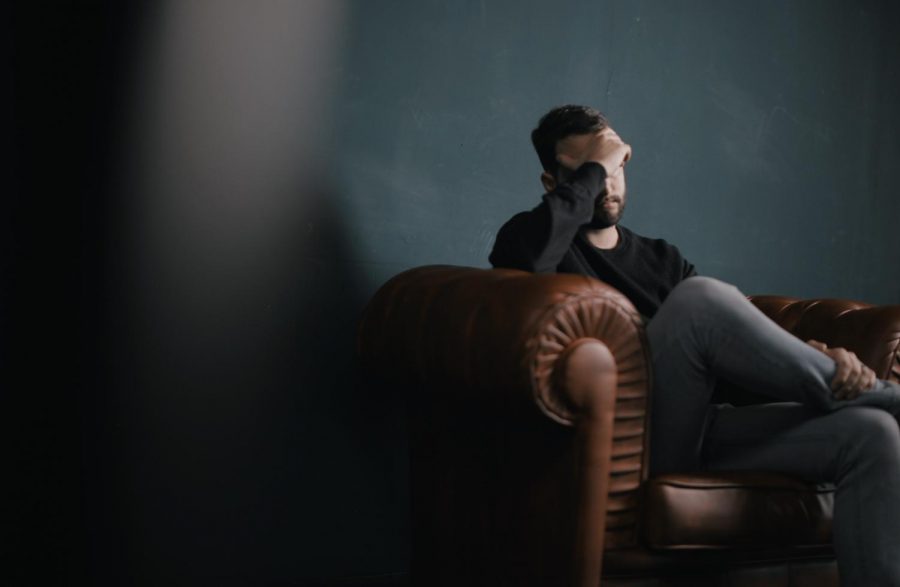Mental Health Misconceptions
Mental illness affects one in four people. It’s nothing to joke about, nothing to sugar coat, just a fact of life. And two-thirds of them refuse to seek treatment due to intense biases and stereotypes, often leading to suicidal thoughts, tendencies, and the act of suicide itself. This is where your words and actions become weapons. What you see as harmless can become deadly to certain people. So please, read on and educate yourself for the safety of your peers.
Let’s start by tackling the stigmas around therapy. There are a variety of therapists out there with different techniques they use to help patients. There are tons of ways to seek help, and it’s nothing to be ashamed of. It’s better to spend one hour a week in therapy than the rest of eternity dead or regretful. When people frame therapy as evil, boring, useless, or something to be ashamed of, it hinders the people who need help. Don’t treat therapy like a bad word. It’s incredibly healthy and even mentally healthy people can attend and benefit from visiting a therapist.
What do you think of when someone talks about a mental hospital? Straight jackets with padded rooms and everyone mumbling incoherently to themselves? I wouldn’t blame you for thinking like that. But these institutions are far from the white-clad prisons they are portrayed to be. (If someone does act up, there is a chance they will get a straight jacket, though. It’s only for everyone’s protection.) I want you to be aware of the lengths the nurses go to to keep their wards safe and secure, so do some research. They can’t have the people who are checked in to avoid killing themselves, killing themselves.
Recognizing someone around you potentially has a problem is a very important first step that should be approached carefully but never ignored or sugar-coated. You should look for a behavior change first of all. Then, you should approach them. Don’t wait for the “perfect moment,” because that time could never come. Ask how they’re doing. Push gently while being respectful by asking about what’s happening in their personal lives and respecting their decision to tell you or not. If someone tells you they are suicidal or you suspect it, TELL A TRUSTED ADULT IMMEDIATELY. I know you don’t want to “betray their trust,” but when they’re dead you will regret staying silent. Suicide is incredibly serious and needs to be addressed by someone with the proper skillset. If you are suicidal, please reach out to someone who can get you the proper assistance. All lives are precious and need to be protected. “Mental illness is not a personal failure. In fact, if there is failure, it is to be found in the way we have responded to people with mental and brain disorders,” said Dr. Gro Harlem Brundtland, Director-General of the World Health Organization. While mental health issues have been coming to the forefront of today’s conversations, we still have a long way to go. The moral of the story, mental illness, and its treatments are complex and should be handled with care and respect.







